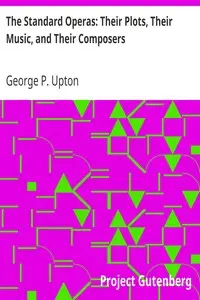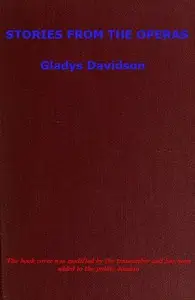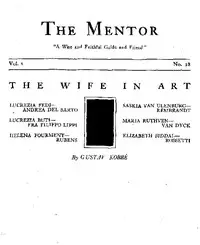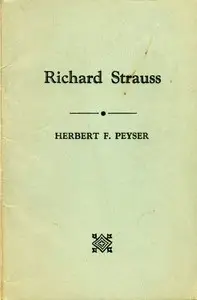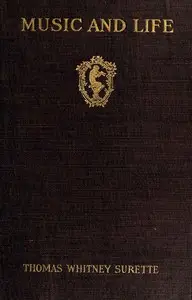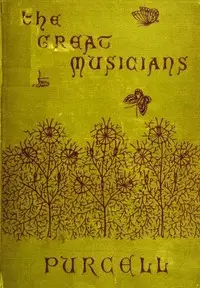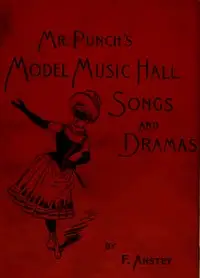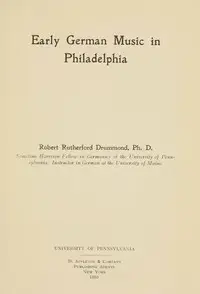"The Complete Opera Book" by Gustav Kobbé is an early 20th-century guide that offers a detailed look into the world of opera. The book explores the stories behind various operas, featuring explanations and musical examples of 400 significant arias and melodies. It emphasizes the development of opera in Italy, France, and Germany, spotlighting important composers and their creations. The book starts by describing the characteristics of each school of opera, such as Italian opera's emphasis on melody, French opera's layered orchestration, and German opera's emotional storytelling. It also discusses how Gluck aimed to balance singing and instruments to favor storytelling through his opera reforms with "Orfeo ed Euridice", which led to a period where operas focused more on drama.
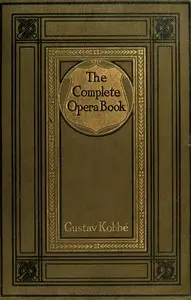
The Complete Opera Book The Stories of the Operas, together with 400 of the Leading Airs and Motives in Musical Notation
By Gustav Kobbé
Explore a rich history of melodies and tragedies, where the symphony of human emotion is as dramatic as the tales they accompany.
Genres
Released
2012-08-19
Formats
epub
mobi
mobi (images)
epub (images)
epub3 (images)
txt
Free Download
Summary
About the AuthorGustav Kobbé was an American music critic and author, best known for his guide to the operas, The Complete Opera Book, first published (posthumously) in the United States in 1919 and the United Kingdom in 1922.
Gustav Kobbé was an American music critic and author, best known for his guide to the operas, The Complete Opera Book, first published (posthumously) in the United States in 1919 and the United Kingdom in 1922.
Total Reviews
10.0k
Total reviews from Goodreads may change




